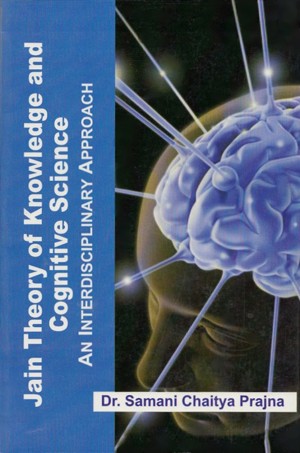The initial stage of cognition is sensation, which means to apprehend object through five senses is known as sensation in general. The two words 'Perception' and 'Sensation' are usually used interchangeably. Perception in its broad sense defined as it is acquiring of knowledge or belief about our physical environment. It is known as a flow.of information.[1] Perception generally is what a person wants to believe, one's personal opinion but here perception refers to a knowledge occurring through sense organs and mind.
Perception is the fundamental source of knowledge. The word 'perception' is defined as an act of apprehending by the means of senses and mind.[2] We have five different sensory organs: eyes, nose, ears, tongue and skin. These five sensory organs are responsible for receiving different stimulations around us through seeing, smelling, hearing, tasting and finally feeling through the skin. The signals which are received through our sensory organs from the environment around us are called sensations. Sensations are what our sense organs receive and transmit to the brain. Once the brain receives the stimulus, it converts the whole signal into feelings, taste, sound, sight and smell. On the other hand, perception is almost like a sixth sense. It is what we perceive or form an opinion on anything and everything happening around us.
There are number of theories of perception explained by Audi[3] such as adverbial theory, sense-datum theory, theory of appearing that provide plausible accounts of perception. The word 'sensation' in Jainism is used in a very narrow sense as a mere sense-object contact. The term 'perception' too as generally defined as idea or belief but as per Jain philosophy, it would rather mean the whole process of information processing right from acquisition of sensory data to restoring and using the data for higher processes like logic and inference.
 Samani Chaitya Pragya
Samani Chaitya Pragya

